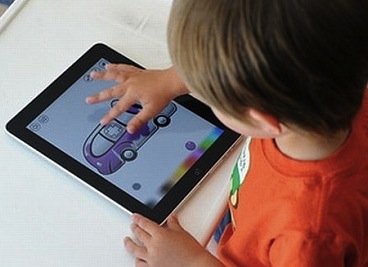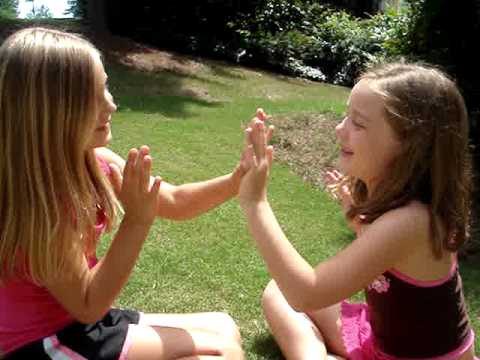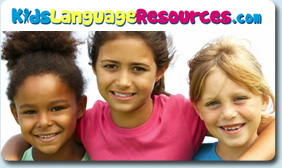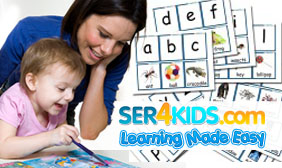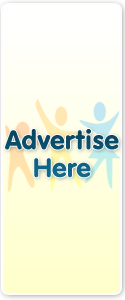Category Archives: Reading
5 Tips To Help A Slow Reader
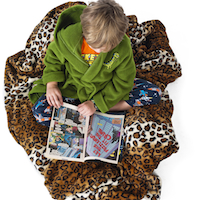
Not all children enjoy the activity of reading and for some it is a daunting exercise because of a variety of reasons based on delayed development or learning difficulties. Whether you are a parent or teacher seeking answers on how to help a slow reader, using these five basic tips below will hopefully assist in their literacy learning.
{TIP 1} The key for any parent or teacher is to stay patient! Just think, if you’re the adult and you are losing it, how much frustration the child is...
Pretend Play to Stimulate Language
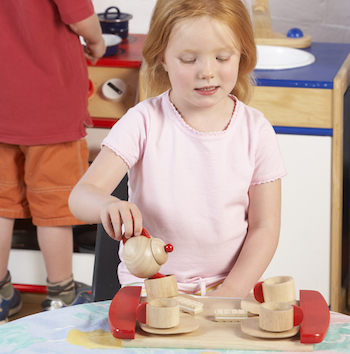
Using pretend play to stimulate language and introduce vocabulary is a great way to make learning fun and a little easier. It is also a great opportunity to extend the time your child needs to learn certain phrases with repetition.
Pretend play doesn’t require much expense either – get out the plastic picnic set or use their toys as extra guests. Using boxes for doll’s cribs or creating doll’s houses is also a very good language activity in itself that helps build...
Improve Learning with Visual Perception Games

Playing Visual Perception Games is a great way to help your child prepare for school. It is also an excellent motivational method to improve learning & motor planning skills of children having trouble remembering or writing alphabet or numerical symbols and the like.
Here is a great list of learning activities you could start with and adapt to cater for your child as needed.
Pick The Difference
Print a simple picture of a person (or photocopy a drawing) 5 times. On each picture change...
A child with Dyslexia in the Classroom
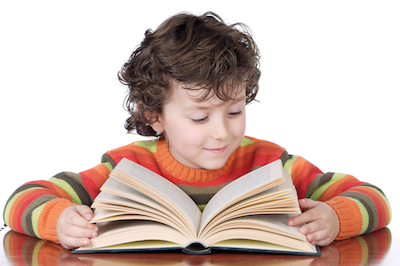
Having a child in the classroom with dyslexia can be daunting if, as a teacher you are not prepared, or understand the individual special needs of the child. It is important to put in place simple strategies that will not only assist the child to learn but feel accepted in the workplace environment also.
Reading is at the foundation of many other subjects of learning at school and a child who finds the task of literacy skills difficult can often fall behind not only in English subjects but in...
Learning Games for Kids
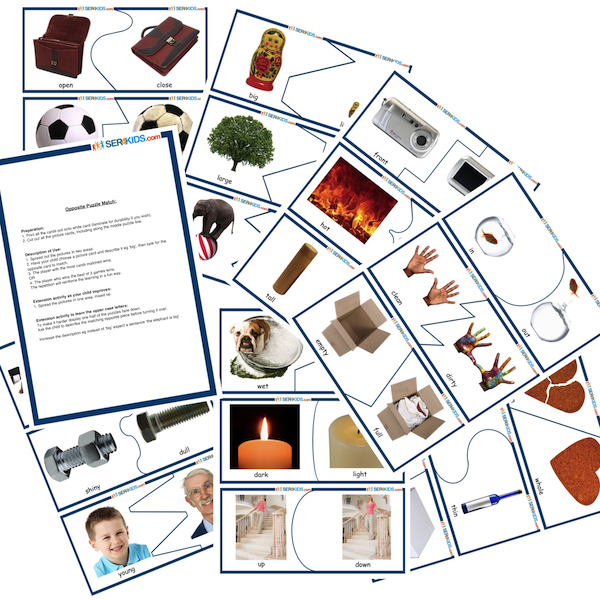
All school-age children love playing games. So why not use these suggestions as fun learning games for kids to reinforce skills without using obvious and boring repetition.
Playing educational games at an early age will help your child excel in school with subjects, such as reading, mathematics and science. If you know your child could use some extra help in on a subject, find games that will challenge and reinforce the skills your child needs to improve on.
Internet Learning Activities &...
How To Help Your Child Learn The Alphabet
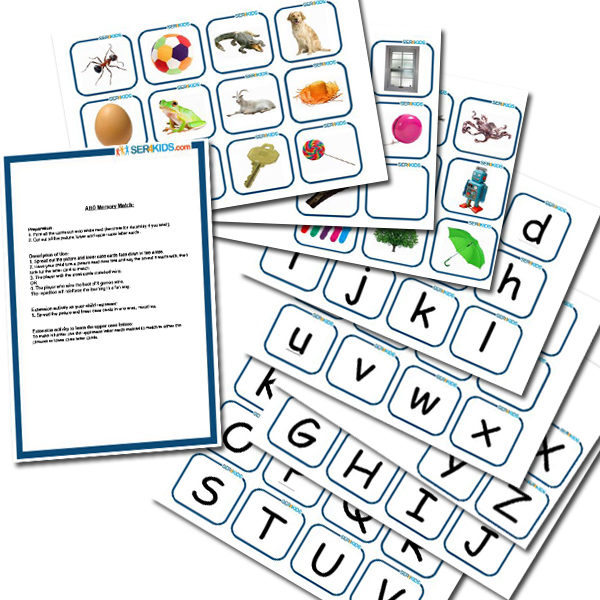
Any new skill takes time and repetition to learn and it is no different when it comes to ABC’s. So we put together a few ideas on how you can help your child learn the alphabet, especially if they need a lot of repetition because they are having difficulty.
There are many reasons why a child is having difficulty learning the ABC symbols.
– the maturation level of the child in order to concentrate,
– the child’s cognitive abilities to enable them to link verbal sounds...
Lesson Activities for Autumn

When the weather starts to turn, particularly in Autumn, it is a great time to teach kids about weather, seasons, time and change.
The air is getting colder but warmer days can still linger so while teaching your child the vocabulary of all the clothing as they need it is a great way to explain the change of season’s weather and the way it makes us feel.
The leaves on trees are also changing and this is great way to help children understand the growth cycle of a tree or the cycle of...
Creative Ways For Your Kids’ Santa Letter…
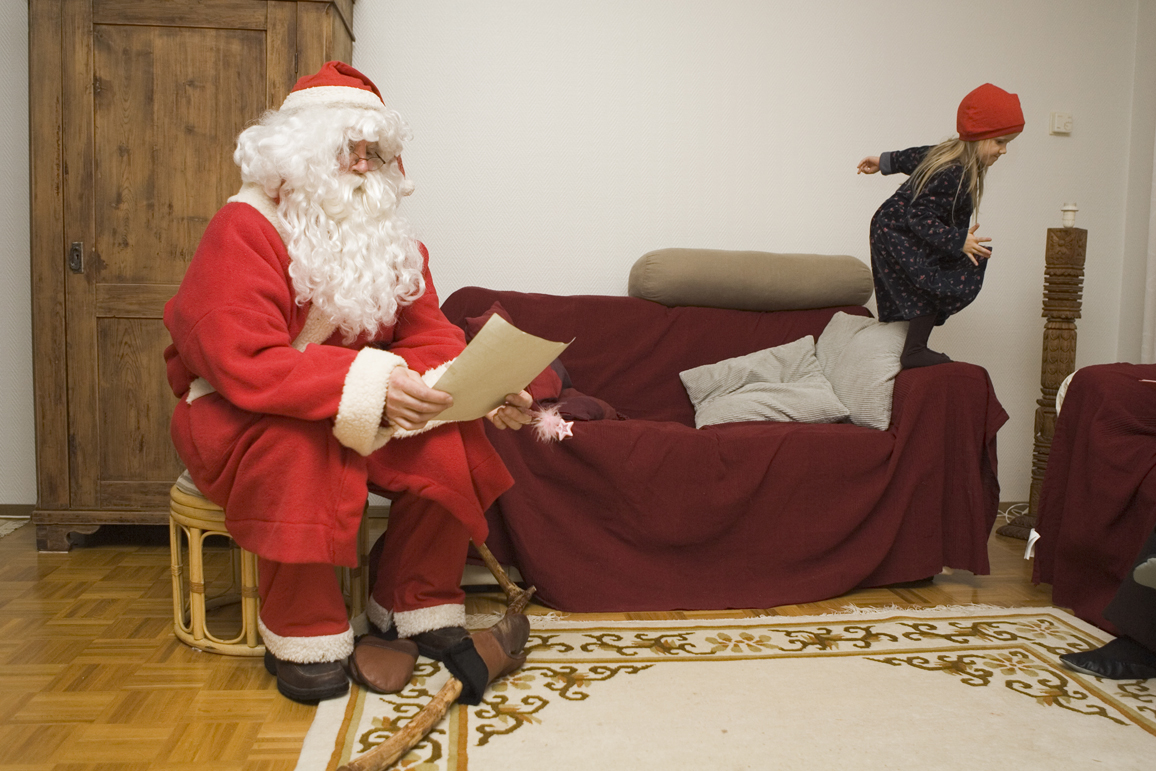
Remember when your parents would ask you to write a letter for Santa – listing all the things you wanted for Christmas? You might have asked for the latest toy maybe… or a new shirt or dress…or maybe even a bicycle with the fancy pedals and bell. Writing a letter to Santa is an exciting activity and a great opportunity to teach kids the organization of writing a letter and creating lists e.g. where to place the ‘To, From, Address’ etc. For younger children or those with low writing...

 Cart (0)
Cart (0)